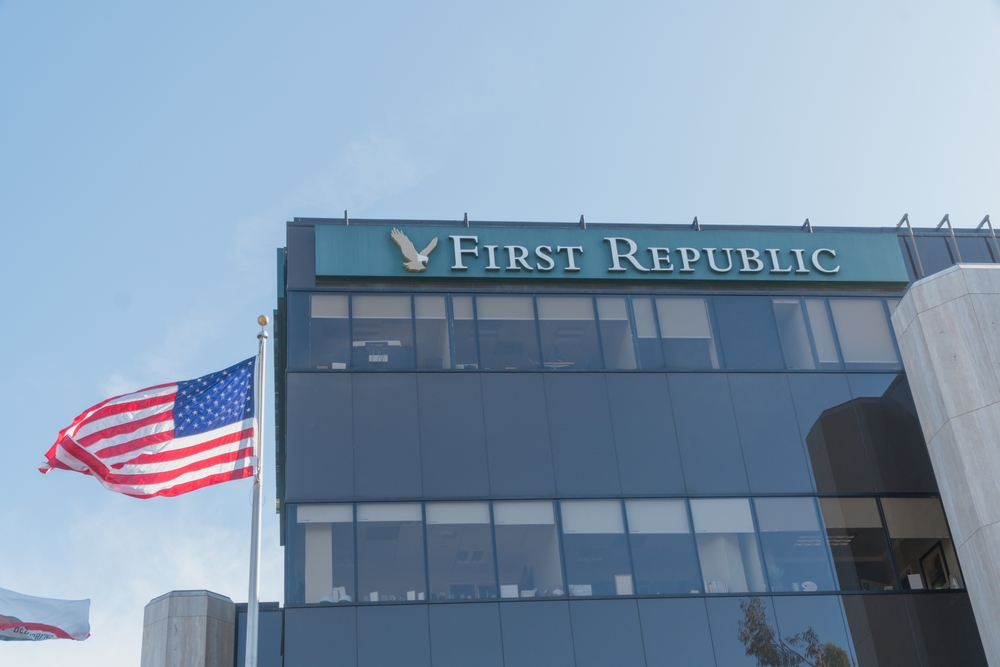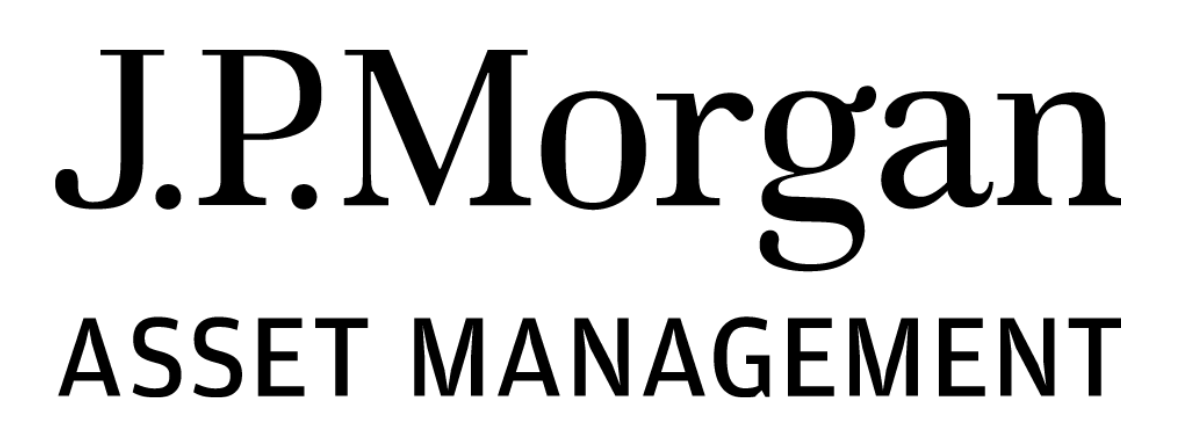JP Morgan has agreed to acquire First Republic for $10.6bn after it was shut by regulators on Monday to mark the second-largest US bank failure in history.
The acquisition will see JP Morgan take on First Republic’s $92bn deposits and “substantially all” of the bank’s assets including its $173bn loan book, 84 offices and approximately $30bn of securities.
The largest bank in the US could add 1-3% to its 2023 to 2024 net income with the purchase of First Republic, not including the $2.6bn gain on closing or the $2bn of restructuring costs associated with the deal, according to Bloomberg Intelligence.
Risks to JP Morgan are minimised by the Federal Deposit Insurance Corporation (FDIC) agreeing to share losses on some loans and provide around $50bn in financing. The deal is also expected to cost the FDIC $13bn.
The iShares U.S. Regional Banks ETF (IAT) was down 3.5% on 1 May.
The collapse of First Republic – which finished 2022 as the 14th largest lender in the US – follows the closure of Silicon Valley Bank (SVB) and Signature Bank in March.
While a group of large US banks including JP Morgan previously injected $30bn into First Republic to stabilise the business, it suffered much like its peers that lost money on long-dated assets and relied on low-cost, uninsured deposits.
First Republic’s share price fell more than 90% in recent months after repeated downgrades by credit agencies. Last week the bank disclosed clients had withdrawn around $100bn in deposits, more than double the $40bn forecast by analysts.
The bank’s shares fell from $120 at the start of March to less than $4 by last Friday following the deposit exodus announcement.
Jamie Dimon, CEO of JP Morgan, said the government had “invited” the company to “step up and we did” and that “this part of the crisis is over”.
“Down the road – rates going up, recession, real estate – that is a whole different issue. For now, we should take a deep breath”, he concluded.
The First Republic acquisition marks another precedent-setting moment for US banking in recent months after the FDIC went beyond requirements to secure SVB deposits in March.
The 1994 Riegle-Neal Interstate Banking and Branching Efficiency Act states a bank may not control more than 10% of national deposits or 30% of a single state’s deposits without an exception being made by US banking regulators.
At the time of the deal, JP Morgan and Bank of America were the only two US banks housing more than 10% of national deposits.
JP Morgan has now acquired the two largest failed banks in the US after buying Washington Mutual in 2008, according to Jim Reid, head of credit strategy at Deutsche Bank.
Developments over the last week follow news the FDIC is looking to overhaul the deposit insurance system to tackle high concentrations of uninsured depositors in the specific parts of the banking system.
Reid added Federal Reserve futures are pricing in a 95% chance of another interest rate hike at the Federal Open Market Committee (FOMC) meeting on Wednesday, with a 20% probability of an additional hike in June and up to 50 basis points of cuts by the end of the year.
Charlie Munger, vice president of Berkshire Hathaway, warned in an interview that while the First Republic collapse may not mark the beginning of a new banking crisis, many smaller banks could face difficulties owing to their high concentrations of commercial real estate loans.
Susannah Streeter, head of money and markets at Hargreaves Lansdown, commented: “JP Morgan may have swallowed up the ailing lender, with wealthy depositors now insulated, but the US banking sector is still suffering a small bout of indigestion, as investors fret that there could be more unpalatable problems lurking.
“Certainly, there are no large banks teetering on a precipice like First Republic was after the huge scale of the deposit flight became clear. The concern remains that a tide of worry could rise up again surrounding other parts of bank portfolios such as commercial real estate, which are under stress because of sharply higher interest rates with many billions of dollars of loans coming up for renewal.”






